Black women were the first people in whom I saw the concept of strength, beauty, intelligence and poise. As members of the black feminist movement, they are both underrepresented and misrepresented.
Being raised by my mother and grandmother, I naturally formed some of the strongest bonds with black women, and that followed me throughout my years and even into my current collegiate life.
I interviewed three women whom I met in college and who have all helped shape my thoughts on what and who black women are in their own vastly different but cohesive ways. These women play specific roles: a teacher, a sister, a platonic lover.
These are women that have some of the most complex and vast thoughts of any people that I’ve ever met, and they are strong in the things they hold dear. I knew they were the best candidates because of their involvement with the Black Lives Matter movement, feminism and also their roles as advocates for their specific type of blackness and femininity that are unique to them personally and what they have in common.
Meet Maya Robertson, a 21-year-old Prairie View A&M graduate from Baton Rouge, Louisiana currently working toward her teaching certification. She aims to give back in the way her teachers helped her.
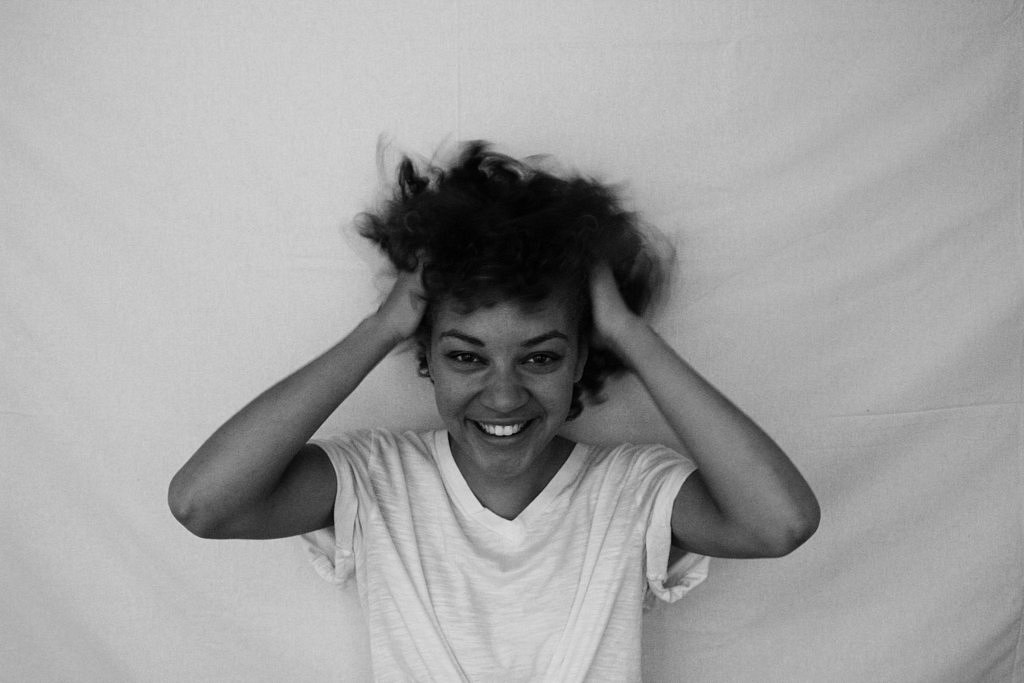
Maya Robertson | Photo by Dana Jones / Cooglife
Elle Hubbard, also a 21-year-old Prairie View A&M graduate, is from the Third Ward and teaches kids in the Fifth Ward, which has afforded her to see why poverty is the way it is.
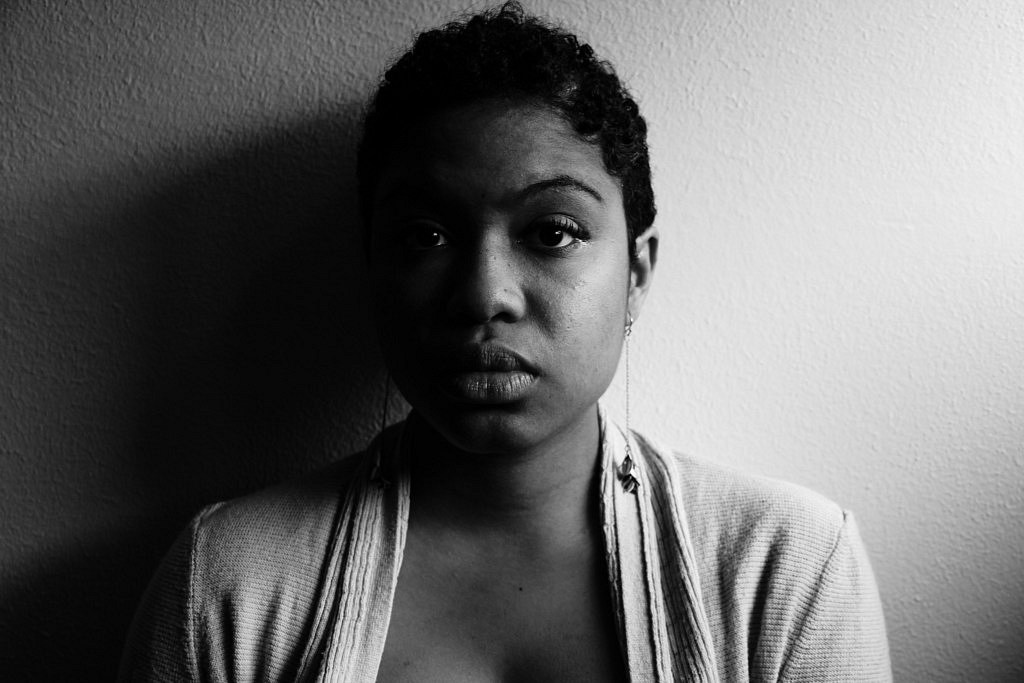
Elle Hubbard | Photo by Dana Jones / Cooglife
Kahmarrie Robbins is a 21-year-old student at the University of Virginia from The Bronx in New York City. She is studying English and hopes to become a lawyer to enhance child security practicing in family law.
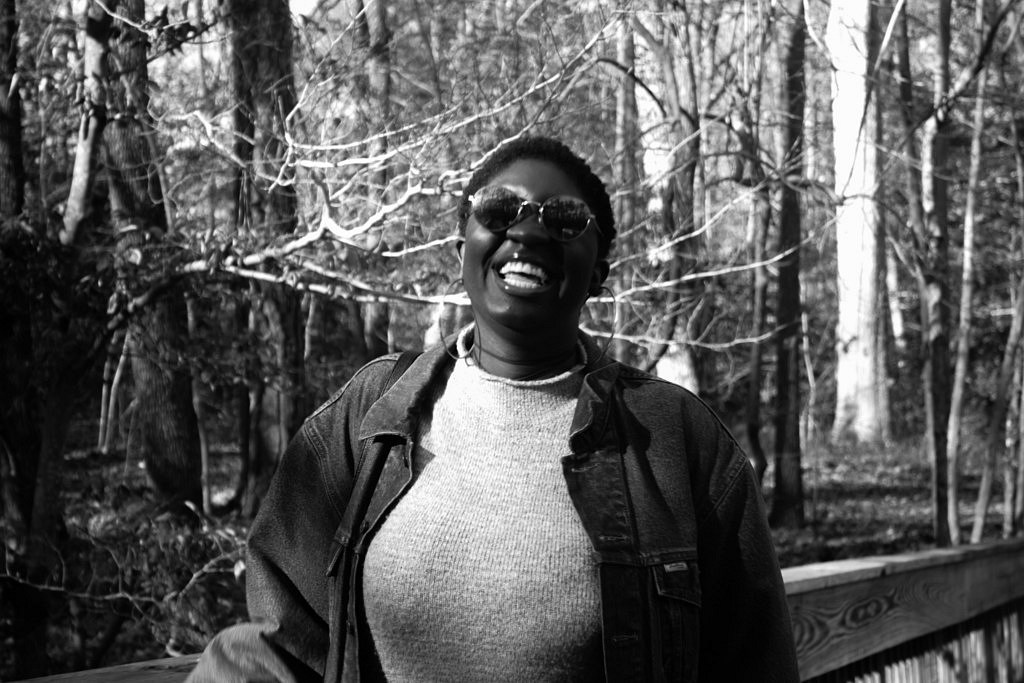
Kahmarrie Robbins | Photo by Dana Jones / Cooglife
Blackness, Femininity, & Black Femininity
In this social and political climate, the claim for visibility has risen over the years, and black women have been the loudest in their demand for it. Like other minorities, the spectrum and nuance of visibility seems to get muddied together: the concept that a black women, and in that, black feminism is a separate and unique subsidy. Claiming and advocating for black femininity at the same time pushes for individuality for specific needs to be addressed.
Dana Jones: When were you aware of your blackness, your femininity, and your black femininity?
Maya Robertson: I was aware of all of me all while attending my HBCU (Historically black college or university).
Elle Hubbard: I feel like I was aware of my blackness because I had a perceived whiteness; I was one of the lightest in my family. It was, “you’re black, but not black enough, or not just black.”
Kahmarrie Robbins: I think it was of recent in November when I cut my hair again and had to relearn myself. I’m dark skin, full lips, big nose, just quintessential black features and I had to embrace them.
Intersectionality
It seems that what black feminism stems from—womanism, which stems from feminism, which includes woman from all marginalized groups—is a direct response to the lack of inclusion in the first waves of feminism. Intersectionality is the concept of all socioeconomic, ethnic, sexual-orientation, and religious groups overlapping with each other and excelling together. What intersectionality also does, is expose the flaws in the feminist movement. When inclusivity isn’t implemented, it paints feminism as a hypocritical movement because its foundation is in equality.
DJ: What is the importance of intersectionality?
MR: Good theory, but unrealistic. Inclusivity is hard to do because it truly only benefits one side when they try to bring other feminist groups.
EH: I feel like intersectionality is the default. Everyone has to deal with the same issues that manifests in a different way. I feel like it just should be a mental default, or you can’t operate in society while thinking that everyone should do and be a certain thing.
KR: The way in which sexism, racism, classism, all of the isms, intertwine form the system of oppression. It’s important to realize that our system of oppression work hand-and-hand and are not separate.
Shadow of White Feminism
Usually, how movements start or how radical they can get is how they are mainly perceived throughout their lifespan. First Wave feminism focused on voting rights and was comprised of middle to upper-class white women. Radical feminists are what some people think of the entire movement of hating men and burning their bras. This creates a preconceived notion for all other sub groups, making it harder to be taken seriously and have their own specific grievances heard. Even the concept of the different sub groups will innately make people want to pick apart and pin them against one another in the game of who’s the most “authentic” form of feminism. The group the has the least numbers always seems to be voided the most.
DJ: What is it like to maneuver and /or operate within the shadow of white feminism while trying to keep your own?
MR: I don’t feel like I’m in the shadow of white feminism. I’m surrounded by black feminists and womanists…(and) when I do hear about it it’s always as a joke.
EH: When I came around to feminism I came around to it in the context of intersectionality and in the context of academic black women. I feel that (white feminism) is just a watered down version of patriarchy because it’s not inclusive.
KR: I feel like white people feel like they are the standard of a lot of things and it’s super hard to maneuver because no matter how much we prove we are not inferior to them they still are the standard.
The Plight of the Black Woman
Just like other disenfranchised groups, black women have many obstacles that may even be shared. But the plight that they face that is uniquely theirs from what I’ve seen is their disproportionate abuse and disrespect that they receive while simultaneously being fetishized. Malcolm X said, “The most disrespected person in America is the black woman. The most unprotected person in America is the black woman. The most neglected person in America is the black woman.” And I’ve seen this for myself. From how D.C. isn’t actively solving their personal epidemic in missing black girls, to the lack of national attention black women get when they are victims of police killings besides Sandra Bland, or when a young black girl is being gang raped while being live streamed.
Media has shown time and time again how the world views black women, and when the perpetrators are black men it’s especially disgusting. If we don’t protect the people who protect us, then who will?
DJ: What is it like for it to be common knowledge that the black woman is the most disrespected and under protected people group, but continue to be disrespected and under protected especially by black men?
MR: It sucks. It feels like yelling at the bottom of a barrel and wondering if anybody is listening.
EH: It’s weird to think that, as a woman, you are taught to operate under the assumption that you will not have a black man by your side. I feel that the black woman in the relation to the black man is never in a position of mutual respect. I think that expectation lends itself to disrespect.
KR: The fact that you acknowledge the problem exists and no one does anything to change it. We are on the front line of our men and everyone else, but we don’t get the same in return.
Role Models
With a combination of diversity, black women coming into more executive roles and more black creation, the prospect for role models are higher than ever. There used to only be a few faces of black women across pop, political and sub-culture that black girls could look up to because they were the most visible. People like Maya Angelou, Phylicia Rashad and Shirley Chisholm were prominent across politics, entertainment and literature, and were staples to not only women but to the black community at large.
Now, with the help of social media, the everyday woman can create a following based on her own personality that relates to the specificity of all the different shades, shapes and sizes of black women. This is seen through people who are in the media like Amandla Stenberg and Feminista Jones, who expanded her activism through Twitter, and even Cardi B who represent women who hustle in the most independent way.
DJ: Who was a political, pop, or sub-culture icon for you both from the past and currently?
MR: Maya Angelou growing up…was a pillar form black womanhood and she’s my namesake.
EH: I think (of) my mom (as a role model). It was weird to watch her operate because she was a larger-than-life figure that was there sometimes and wasn’t there sometimes.
KR: Black women writers in general, like Chimamanda Ngozi and Toni Morrison. It’s super inspiring seeing black women getting their voices out there after being silenced for so long.
The Achilles Heel
With every social movement comes obstacles, whether in-house or outside forces. The key is to identify them at the root instead of attacking the branches where more just grow in their place. From reading articles, listening to conversations and podcasts, one of the biggest obstacles they face is trying to mobilize efficiently. I haven’t seen a huge black feminist march or protest yet. I’ve also seen that the main opposition of patriarchy is still omnipresent. But also, fundamental things, like better in-house communication strategies.
DJ: What is the greatest obstacle facing black feminism today?
MR: Having our voice heard by other black women outside of the African American culture.
EH: Space, and that’s really it. And that comes with academia, legitimacy, figuratively be in the streets and protest, autonomy, and being seen as taking up space and not an accessory.
KR: I think one of them is invalidation, because people don’t realize that even though we have a shared experience, each one is completely different.
Black feminism, just like black women, is complex and a culmination of thoughts that deserve to be talked about on a platform, studied and appreciated. It is more than just a subsidy of feminism, but rather a thought process and way of life that is different for everyone that says they are a part of the movement. But this is not just their fight. Just like black women are for the progression of everyone else, when they need us we need to stand behind them just as strong if not stronger. These women are our mothers, grandmothers, aunts, sisters, daughters and they need and deserve our support.
Black women: I appreciate all of you.

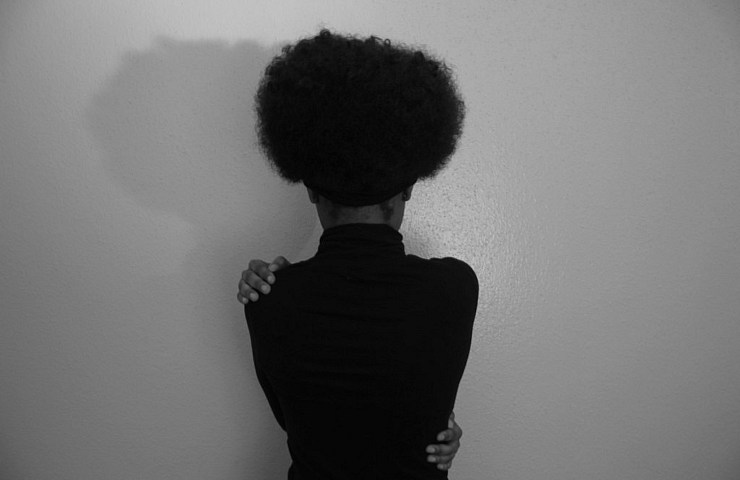
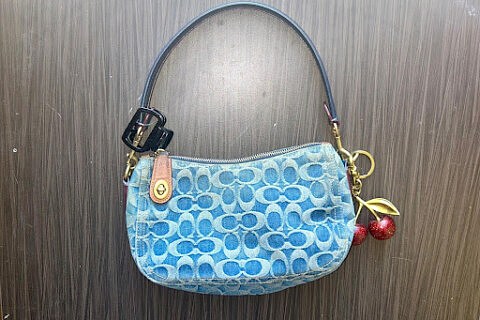
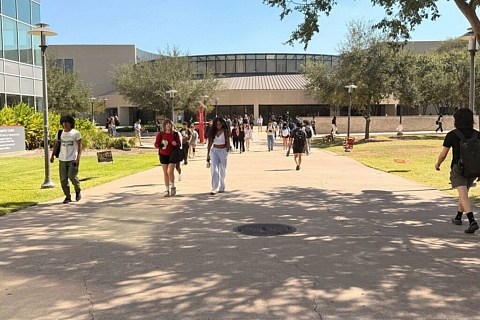
Recent Comments